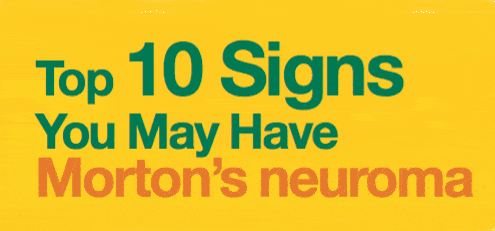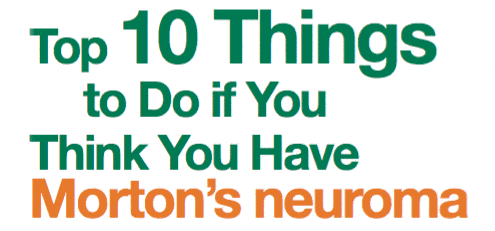Dr Tom could not go shopping in a department store without the pain being as severe as a broken bone. He could not find any option that he felt the providers had higher credentials than The Center for Morton’s Neuroma. He chose cryoablation, and then about two weeks ago, he began to gradually increase my activity, try on different shoes and so forth. And he can comfortably say that at this point, he does not feel any reasonable limitation of activity whatsoever.
Watch Dr Tom, a retired MD from Alabama and Wyoming, talk about his Morton’s neuroma before and after treatment at our center. This is the shortened condensed version of his testimonial.
Transcript:
My name is Tom. I’m a retired obstetrician-gynecologist. My permanent home is in Wyoming, but I winter in Alabama. I have been very active throughout my life. Hiking, especially in Wyoming, and fishing a good deal in the south, all of that requires a lot of ambulation.
I have suffered from what I self-diagnosed as a Morton’s neuroma for nearly 10 years. It, initially, didn’t occur very often, and most often, it was when I drove long distances and I had my foot pressed on the floorboard in a certain way. They would kind of squeeze my bones in my foot together. Then that nerve would be irritated, and I would just have to take my shoe off it hurt so badly.
It progressed to the point, when I finally began to really investigate treatment options, that I could wear one pair of shoes and I could not go shopping in a department store without the pain being as severe as a broken bone. It was unbearable.
I researched treatment options. I consulted with an orthopedic surgeon who, of course, recommended surgery, and I discussed ablative procedures, meaning alcohol injections or something that uses heat or something that uses freezing, and familiarized myself with those options as well as surgery, and what began to arise in my reading was that the community of podiatrists really supported this procedure, and that the orthopedic surgeons either were not very familiar with the procedure, or felt that there were a high degree of treatment failures and just were reluctant to recommend it.
But from my reading, I strongly felt that this was, for me, individually, a better procedure. It was nonsurgical, and even if it required one or two repeat procedures, I felt that the cost benefit ratio and the risks of complications were far fewer than I would experience with surgery.
I, next, reviewed places, because here in Alabama, that’s a long way to Boston and lots of dollars, but I researched other options and I could not find any option that I felt the providers had higher credentials than the Center for Morton’s Neuroma. And my purpose always in medical care is to get the best care I can get, even if it’s inconvenient.
So I contacted them. First spoke, of course, with you, and I was really quite impressed with everyone. In the back of my mind, there was this lingering sort of fear, I guess, that this might be a charlatan type operation, because there are so many of them. Upon arrival at the clinic, however, all those fears were completely removed.
I found everyone to be very well trained, very personally concerned in my condition, and of getting a good outcome, and I could not actually find a single critical thing to say about my experience. I was completely pleased.
I chose the cryo ablation because, after discussing with Dr. Gosal, the ultrasound guidance is enhanced with cryo ablation because you can actually see the “ice ball” form, whereas, with radio frequency or should a person choose something like phenol or alcohol injection, you can’t actually see the procedure within the tissue to be certain that you’ve encompassed that neuroma. Even with a report, it’s slightly higher failure rate.
I felt, as a surgeon myself, that when you can see what you’re doing, you’re going to have a better result, and you can’t see what you’re doing. And then about two weeks ago, I began to gradually increase my activity, try on different shoes and so forth, and I can comfortably say that, at this point, I do not feel any reasonable limitation of activity whatsoever.
I think the most important thing is, don’t wait too long, because you lose time, and time is very valuable, especially when you become a senior citizen. Limiting your activity can lead to other health problems, cardiac disease, for example. Mental function is another example, and I think when you have something that causes you severe enough pain that it limits your day to day activities of life, don’t wait to do something about that. Get it done.


By providing us with your information you are consenting to the collection and use of your information in accordance with our Terms of Service and Privacy Policy.